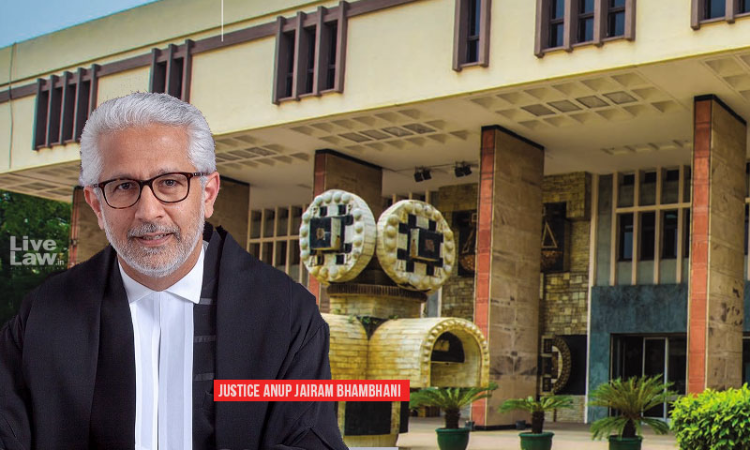Award Of Costs By Arbitrator, Not Containing Quantification And Reasons, Is Arbitrary: Delhi High Court
Parina Katyal
18 Jan 2023 8:00 PM IST

Next Story
18 Jan 2023 8:00 PM IST
The Delhi High Court has ruled that the mandate contained in Section 31(3) of the Arbitration and Conciliation Act, 1996 (A&C Act), as per which an arbitral award shall state the reasons on which it is based, must pervade every aspect of the award, including the award of costs. “Awarding costs by a stroke of the pen, without stating reasons therefor, would fly in the face...
